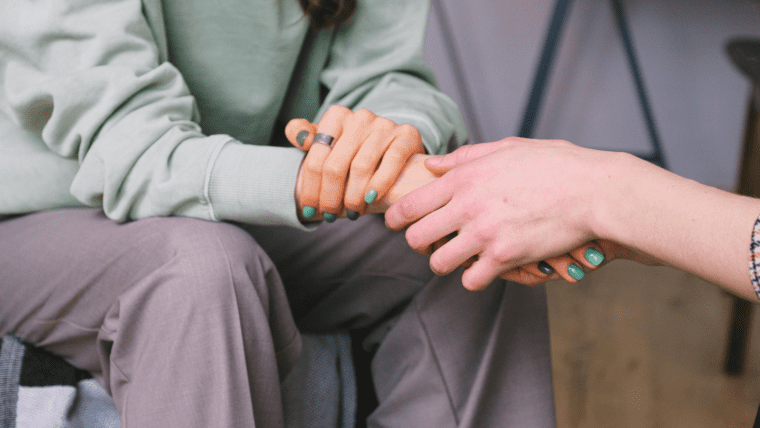The journey of recovery is a remarkable testament to resilience — a continuous effort to overcome challenges and embrace a healthier, substance-free life. Central to this resilience is the ability to evolve coping strategies, adapting to the ever-changing landscape of stressors and triggers.
Resilience in recovery is not a fixed trait but a dynamic process of adapting and bouncing back from adversity. Recognizing that stressors and triggers may evolve over time is the first step in building resilience. It’s an ongoing journey of self-discovery, self-care, and the cultivation of coping mechanisms that empower individuals to navigate life’s challenges without resorting to substances.
As individuals progress in recovery, coping strategies may need to change. What worked in the early stages may need adjustments to meet new challenges. Embracing this evolution is essential. It involves being open to trying new techniques, seeking professional guidance, and understanding that resilience is not about avoiding stress but about effectively managing and overcoming it.
Explore the benefits of mindfulness and meditation in managing stress. Incorporate short daily practices to stay present and cultivate a sense of inner calm, providing a strong foundation for resilience.
Consider holistic approaches such as yoga, acupuncture, or aromatherapy. These practices not only contribute to physical well-being but also offer a holistic approach to managing stressors and promoting overall resilience.
Engage in therapeutic techniques like Cognitive Behavioral Therapy (CBT) to identify and reframe negative thought patterns. These evidence-based practices empower individuals to develop healthier responses to stressors.
Regular physical activity is a powerful tool for stress management. Incorporate exercise into your routine, whether it’s a brisk walk, a gym session, or a favorite sport. Physical well-being and mental resilience often go hand in hand.
Building resilience involves acknowledging and celebrating progress, no matter how small. Recognize the effectiveness of new coping strategies and be gentle with yourself during setbacks. Each experience contributes to the learning process, offering insights into refining your approach to stressors in the future.



